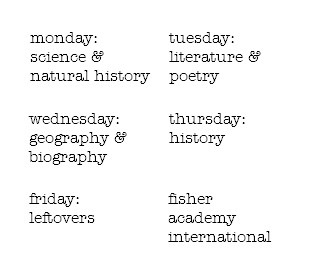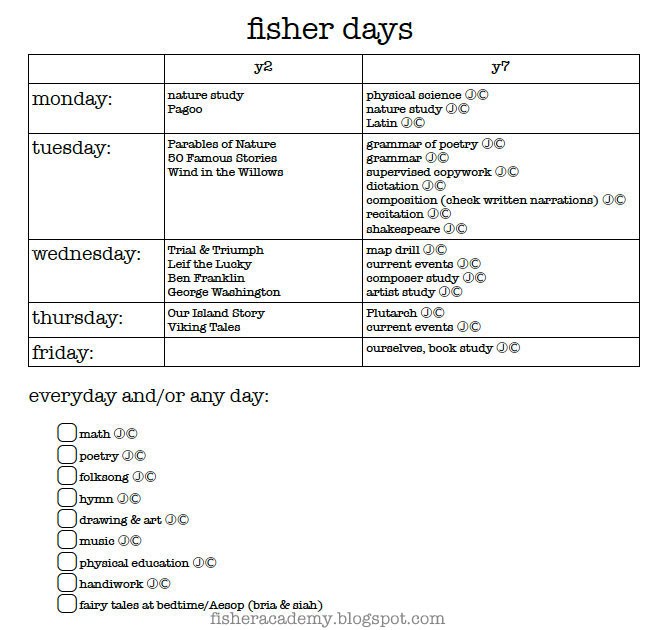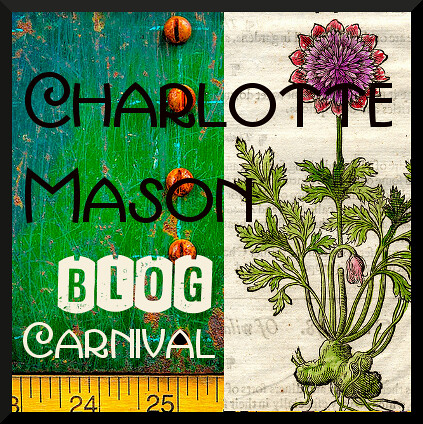
image courtesy of lusi
Q:
I love this. I've been trying to figure out how to introduce current events to my children without overwhelming them with all the negativity in the news. They are just little kids; it seems wrong somehow to burden them with things that are too much for them to handle emotionally yet. How do you decide?
A:
@Stephanie,
I'm in the same boat. I think it's good to shelter our kids from a good deal of negativity in the world when they're very little, but at the same time, as they grow, we don't want to continue by over-incubating and in so doing make it difficult for our children to adjust to life outside any protective shell we've created for them. ;)
This is why when the kids are very young, we read fairy tales and fables (the real kind with a moral, not just the prettified versions we have nowadays via disney). They learn about the stark realities of life from story. Read more about the role of fairy tales in the education of the young, here.
As to the way I think we go about introducing our younger children to what's going on in the world, without scaring the living daylights out of them, ;) is through natural family conversation, or as CM called it, "table talk". We might choose a current article from World Magazine for example and read it aloud at the dinner table, or just discuss what's happening in the world at a family meal. When the children are small, I imagine much of this would take place between parents as children grow into the conversations. Here's how CM describes it:
"Allowing that it rests with the parents to give their children grounds for sound opinions on men and movements, books and events, when are they to get opportunity for this sort of culture? Whenever they fall into talk with, or in the presence of, their children; but especially at table––other opportunities come by chance, but this is to be relied on...As for school studies, CM didn't have students reading current events (it seems) until grades 7-9.
This is the opportunity to keep the young people informed upon the topics of the day,––who has made a weighty speech; who has written a book, what its merits and defects; what wars and rumours of wars are there; who has painted a good picture, and what are the characteristics of his style. The Times newspaper and a good weekly or monthly review will furnish material for talk every day in the week. The father who opens the talk need not be afraid he will have to sustain a monologue; indeed, he had better avoid prosing; and nothing is more delightful than the eager way the children toss the ball to and fro. They want to know the ins and outs of everything, recollect something which illustrates the point, and inevitably corner the thing talked about for investigation––is it "right," or "wrong," "good," or "bad"; while the parents display their tact in leading their children to form just opinions without laying down the law for them. The boys and girls are engaged with the past, both in their school-work and their home reading, and any effort to bring them abreast of the times is gratifying to them; and it has a vivifying effect on their studies."
v5p231
Here's what grades 7-9 (form III & IV) were doing, quoted from here:
-Read on Tuesdays some subject in "Literature" or on the news of the week or on some historical or allegorical subject, etc. Write on Thursdays a resume.
-Verses (note metre of poems set for this term) on current events and on characters in the term's reading, upon heroic deeds, or, on autumn and winter scenes.
-Narrative poems on striking events.
Grades 10-12 (forms V & VI) did the following, quoted from vol 6 pg 194...
"Here is an example of a programme set for a term's work in these two Forms,––"A good précis; Letters to The Times on topics of the day; subjects taken from the term's work in history and literature; or notes on a picture study; dialogues between characters occurring in your literature and history studies; ballads on current events; (VI) essays on events and questions of the day; a patriotic play in verse or prose." Here are questions set for another term,––"Write a paean, rhymed or in blank verse, on the Prince of Wales's tour in the Dominions." "An essay, dated 1930, on the imagined work of the League of Nations." Form V, "Write a woeful ballad touching the condition of Ireland, or, a poem on the King's garden party to the V.C.'s." "An essay on the present condition of England, or, on President Wilson."The aforementioned literary assignments (patriotic play, poem, essay, woeful ballad, etc) would have been composed in response to their reading of current events on the League of Nations, Ireland, King's garden party, present condition of England or President Wilson.

image courtesy of vlambi
In conclusion:
My current events posts are for my older boys who are studying AOy7. They read through 2-3 current events articles and document them in their narration notebooks as, "This Week in History". In the next year or so, I'll have them transition into writing more creatively about what they read of the world today and the related issues they are thinking through.
At the dinner table, we often discuss what the boys have been reading when my husband is home. This has been so much fun! In hindsight, I wish I'd done this more often, in an informal, conversational way with the kids even when they were smaller, as is mentioned above in the "table talk" quote. I'm currently aiming for at least one dinner time conversation a week with the family about current events (thursdays?). I'll bring this up very informally, and should hopefully not ever seem contrived. I've realized how easy it can be, now that I'm looking through the headlines for my boys, to pick out a weekly theme for conversation. Most often though, it usually comes about because the boys are interested in what they've just read and naturally bring it up as the hot topic at dinner time! :)
Stephanie, I hope these ideas will help you to formulate your own thoughts and plans for working with your family! :)


























































